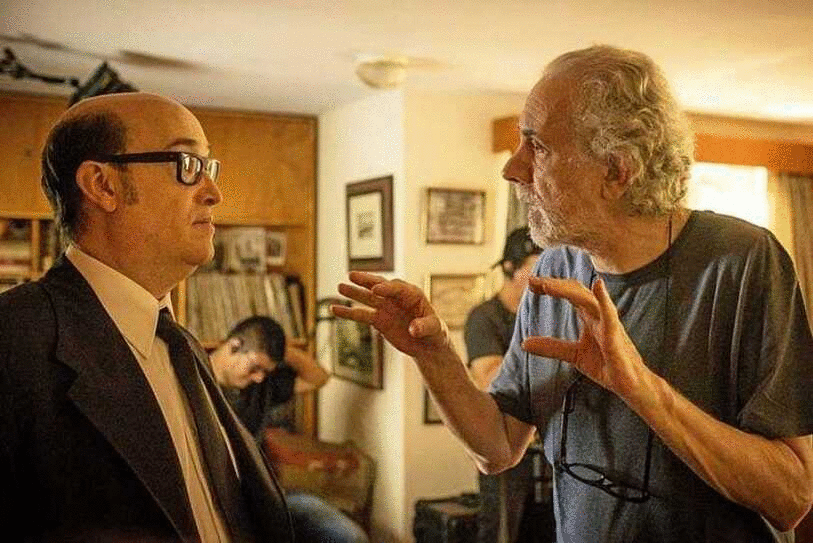Loving the father

In the canon of unconditional love, a Romeo and Juliet or a Werther have been established, proofs of self-absorption and limitless devotion. Expressions of the love of a couple, of a woman and a man. With the same depth and on the level of paternal-filial love, Hector Abad Faciolince shows us in the first pages of "El olvido que seremos" the loving capacity of a son for his father from the eyes of tender childhood. Those of us who have had the good fortune to love our father and feel his love give ourselves up to this reading of love with the pleasant satisfaction of feeling expressed there that love that we have not commented on, of seeing how we can leave a record of that deep and pure feeling towards the man - each father - who opened up paths for us and captivated us with examples. "I loved my father with an animal love".
Faciolince captivates us with this novel letter to the lost father, because he puts tenderness in every event he tells, establishing first a father figure who is great in his work, fulfilling his paternal function and dignified before society. What comes next will not be easy, as in all lives that aim to improve the world. Nor will it be in the family environment, with unexpected losses, with the untimely sight of death, which mark a new path, a vital turn, with a limitless dedication to the improvement of society. And in the end, the unexpected tragedy. Recognisable lives, with Medellín as the setting, in a Colombia that wants to emerge from underdevelopment, amidst social and political contradictions.

If Faciolince's writing installs us in a sublime melancholy, Trueba's film threads together a well-written script (the work of David Trueba), faithful to the text and to the feeling, which captivates from the beginning and strikes you again and again in the depths of your feelings.
This story of a house "in which ten women, a child and a man lived", this story of a family, of caring for children, of problems at work, of social commitment in the face of poverty and underdevelopment, of how to improve life, of caring for and pampering children and of commitment to citizens... all well wrapped up in the prose and in the sequences. Fernando Trueba's film is faithful to Hector Abad's work in the most fundamental way: the feeling created by the author in his letter of devotion to his father, masterfully embodied by Javier Cámara, who undoubtedly reaches the most brilliant moment of his acting life with this performance. Trueba directs with mastery, with a classic, orderly planning, adjusted to the story and the atmosphere. A film made in Colombia, with a very successful setting.
El olvido que seremos will forever be a cult film, as the novel is almost a sacred text to recognise the men who make their family and public life an indissoluble whole marked by commitment and honesty.
"I was not afraid of my father, but confident; he didn't make me feel weak, but strong; he didn't think me stupid, but brilliant... How many people will be able to say they had the father they would like to have if they were born again? I will be able to say so" (page 28)
Fatherly love, as an example. Filial love, in a letter of love and farewell, made into a novel and now a great film.









